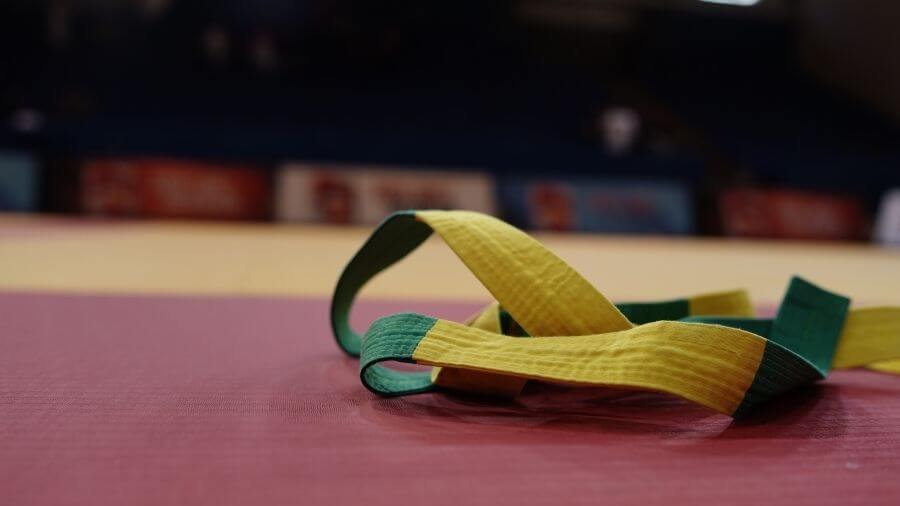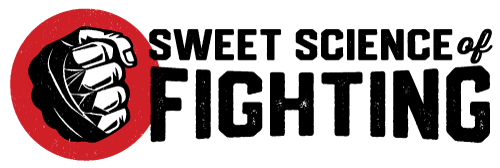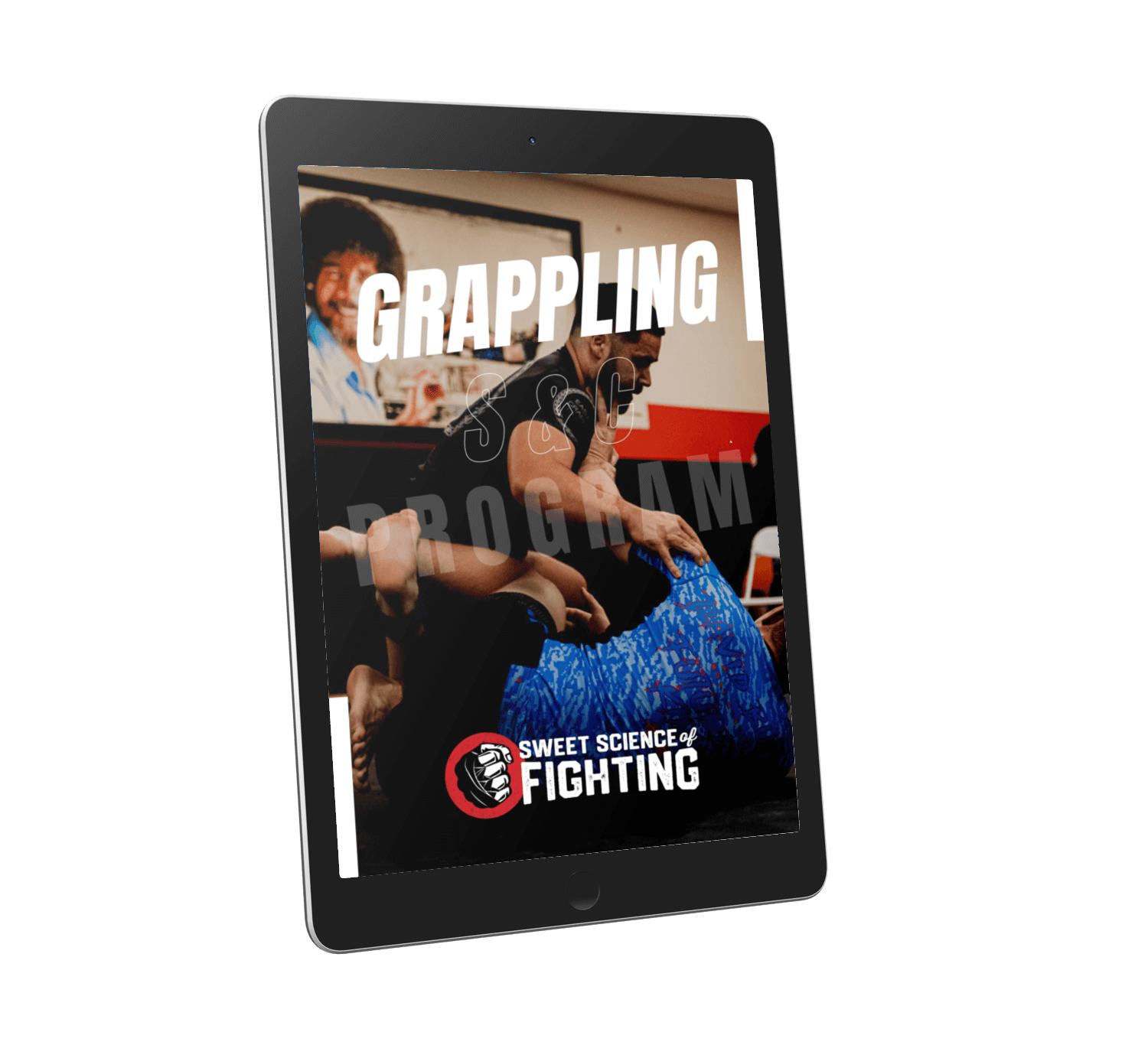The build-up to a BJJ competition can be nerve-racking, especially if you’re less experienced at competing. If you don’t feel fully prepared, you may decide training is a good option the day before the competition. But is it?
You can train the day before a BJJ competition, but you should keep it to either light technical drilling or strength and power-based resistance training as a primer.
What the hell is a primer? And is there more that you can do the day before a BJJ competition that will help?
Should You Train The Day Before A BJJ Competition?
Training the day before a BJJ competition depends on a few factors:
- How you respond the day after complete rest,
- The type of training you do the day before a competition,
- How you respond to certain types of training,
- Your gym training age.
You need to know these things before adding a training session the day before a competition. How will you know? You need to use a typical training day and experiment. How do you feel during BJJ class after complete rest the day before versus a lighter training session the day before?
Knowing the answer to this question will guide what you do the day before a competition. While it comes down to personal preference, there is a scientific methodology to training the day before a competition detailed in the next section, which I have my professional athletes do.
What Should You Do The Day Before A BJJ Competition?

There are many things you can do the day before a BJJ competition. But should you do them is the question to ask yourself.
Perform A Primer
If you’re going to train the day before a BJJ competition, this is what you should do. Priming exercise has been well established within the research and haves you feeling charged after doing it. I often have athletes perform a primer the morning of an afternoon or evening competitive match, but you’re not limited to this timeframe.
A primer the day before competition also works. So, what is a primer? A primer uses strength and power-based exercise to enhance future performance. It takes advantage of the post-activation potentiation effect (PAP), where performing a specific task charges the nervous system to display more strength, speed, and power in the subsequent exercise.
Performing a primer the day before a BJJ competition is to enhance power output during your BJJ competition, potentially leading to shooting better takedowns or winning scrambles.
5 Step Blueprint To Build A BJJ Strength Workout To Demolish Your Opposition
Learn how to plan your strength training to maximize transfer to the mats.
Here are the current recommendations for priming exercise [1]:
- Perform low-volume strength training 6 hours to 48 hours before competition to enhance jump performance.
- You may benefit significantly from a primer if you deal with high competition anxiety.
- A load of 30-95% 1RM should be used.
- 30-40% 1RM is effective for ballistic exercise (e.g., jump squats).
- Multiple sets (2-4) are better than a single set.
- Training load should be minimal.
- Priming strategies are best performed 6 – 33 hours before competition.
- Primers are generally task and velocity specific. Meaning if you want to enhance vertical lower body power, use jumps. If you want to enhance upper body pushing strength, use a heavy bench press.
Here is a simple primer you can use the day before a competition:
A1) Jump Squat 2-3 x 3 @30-40% 1RM
B1) Half Squat 3-4 x 3-4 @85-95% Full Squat 1RM
C1) Bench Throw 3-4 x 3 @30-40% 1RM
If you are relatively new to lifting weights (I’m talking heavy strength training, not calisthenics), I would avoid a primer altogether. You get less out of a primer than a more experienced lifter gets, and you take more fatigue.
Light Technical Drilling
Light technical drilling can be a way to keep your mind at ease. If you’re worried about a particular position or want to make sure you have everything nailed down, this can be an option to keep things fresh.
I would recommend doing no more than 20-30 minutes, and it should be very, very light.
Rest
Doing nothing the day before a competition is likely the most common and best option for many BJJ practitioners. Lie on the couch, watch Netflix, and eat enough food, so you’re well fueled for competition (unless you’re on the edge of your weight class).
Go Through Your Pre-Competition Routine
Even if you rest and do nothing, you should go through your pre-competition routine. If you don’t have one, establish one. What you do the night before the competition can set you up for success. Pack your bag with all the gear you need. Gi, belt, rashguard, mouthguard, BJJ shorts, clothes to change into.
Then you want to prepare your food and fluids. Pack the foods you like to eat. Are you taking a sports drink or other supplements? Doing all this is part of your pre-competition routine.
Visualize
Just because you are resting physically doesn’t mean you can’t do mental reps. Visualization is a powerful tool. For example, within-subjects that had their wrist in a cast for 4 weeks visualized doing 52 x 5 seconds maximal wrist extension contractions five times per week (visualized, not doing them as they were immobilized) drastically attenuated the loss in strength [2].
Another example is visualizing shooting free throws resulting in similar improvements in shooting successful free throws compared to the group who practiced them [3]. While lying on the couch, visualize various techniques and sequences and what the opponent will do to defend them.
You can take it further and visualize your walk to the mats, weighing in, the sound and smell of the venue, and how you walk onto the mats.
Summary
What you do the day before a BJJ competition is down to personal preference. You will have to learn by trial and error. It’s best to make as many errors as possible during a training week versus before a competition to rule out any bad choices.
Primers are a great option to enhance power output but should only be done by experienced gym-goers. Otherwise, rest, perform your pre-competition routine and visualize your success.
References
1. Harrison, P. W., James, L. P., McGuigan, M. R., Jenkins, D. G., & Kelly, V. G. (2019). Resistance priming to enhance neuromuscular performance in sport: evidence, potential mechanisms and directions for future research. Sports Medicine, 49(10), 1499-1514.
2. Clark, B. C., Mahato, N. K., Nakazawa, M., Law, T. D., & Thomas, J. S. (2014). The power of the mind: the cortex as a critical determinant of muscle strength/weakness. Journal of neurophysiology, 112(12), 3219-3226.
3. Grouios, G., Mousikou, K., Hatzinikolaou, K., Semoglou, K., & Kabitsis, C. (1997). The effect of a simulated mental practice technique on free throw shooting accuracy of highly skilled basketball players. Journal of Human Movement Studies, 33(3), 119-138.


